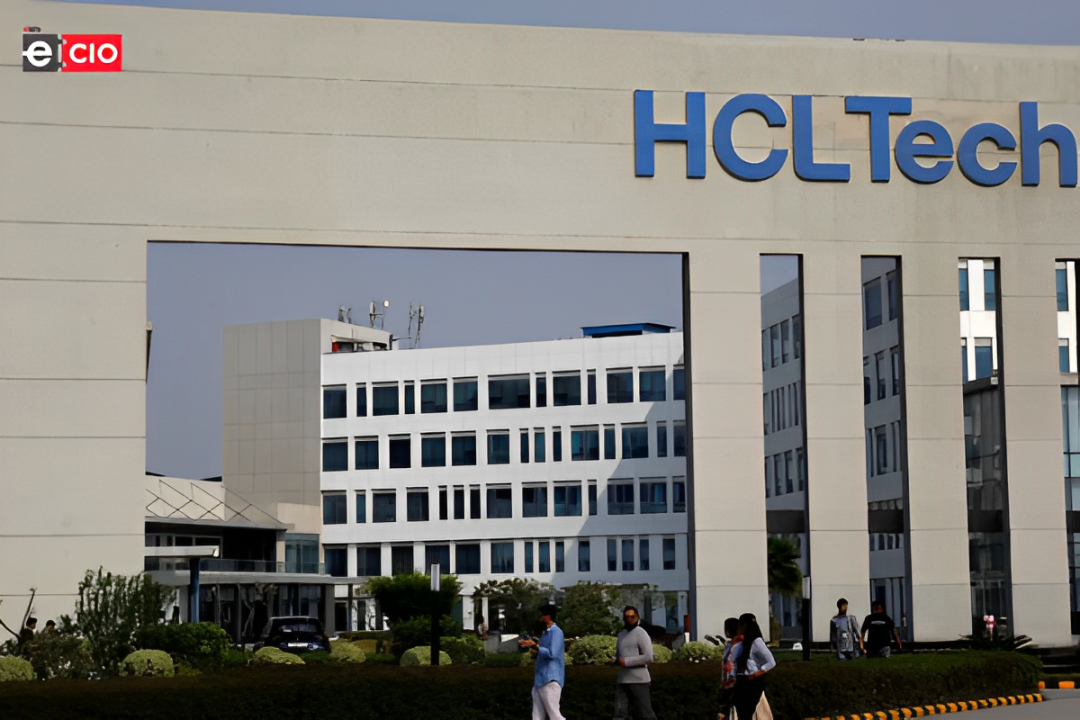
The scenario is such that 33 percent of small businesses lack centralized cyber security management in their organisations while ensuring safety on a specific computer system.
Indeed, even as huge ventures have for the most part been the casualties of information breaks in view of the hugeness of the client information they approach, little and moderate size organizations (SMBs) are likewise seeing a gradual increment in such episodes yearly. Up from 46 percent in 2018, 48 percent SMBs this year have seen occurrences of an information break in their organizations, as indicated by a review report by digital security firm Kaspersky.

While the level of huge endeavors revealing such breaks has likewise developed from 50 percent a year ago to 53 percent this year, the ascent in smaller scale undertakings announcing information rupture events was most astounding at 6 percent from 30 percent to 36 percent somewhere in the range of 2018 and 2019 up until this point.

Even as large enterprises have usually been the victims of data breaches because of the enormity of the customer data they have access to, small and mid-size businesses (SMBs) are also witnessing an incremental increase in such incidents annually. Up from 46 per cent in 2018, 48 per cent SMBs this year have seen instances of a data breach in their businesses, according to a survey report by cyber security firm Kaspersky. While the percentage of large enterprises reporting such breaches has also grown from 50 per cent last year to 53 per cent this year, the rise in micro-enterprises reporting data breach occurrences was highest at 6 per cent from 30 per cent to 36 per cent between 2018 and 2019 so far.

The security measures taken by small businesses against such breaches are often insufficient, Kaspersky said even as it may directly impact their business since they usually have limited resources and they might have to stop or slow down their work processes and risk losing profit due.
Be a part of Elets Collaborative Initiatives. Join Us for Upcoming Events and explore business opportunities. Like us on Facebook , connect with us on LinkedIn and follow us on Twitter.
"Exciting news! Elets technomedia is now on WhatsApp Channels Subscribe today by clicking the link and stay updated with the latest insights!" Click here!











